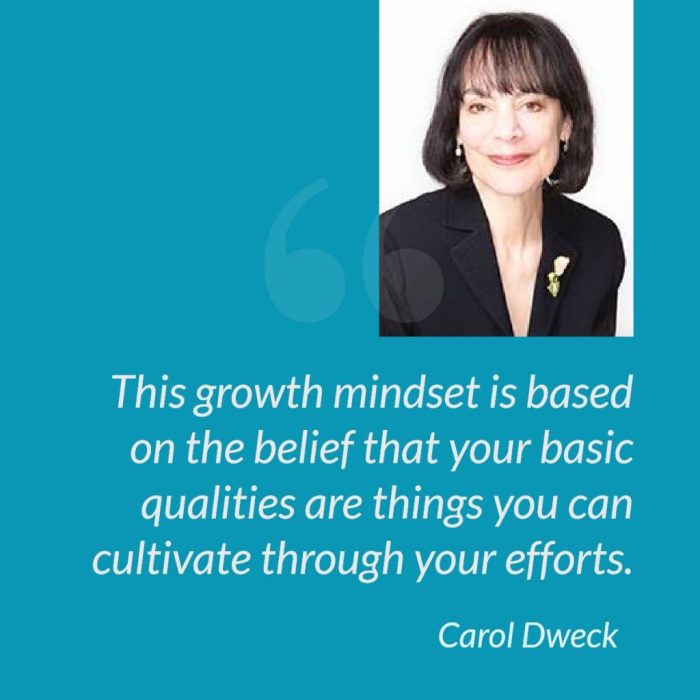Psychologist Carol Dweck likens the brain to a muscle, suggesting that it can be strengthened and developed through effort and perseverance. This analogy has profound implications for understanding human potential and the importance of fostering a growth mindset in education and beyond.
Dweck’s theory of fixed and growth mindsets posits that individuals with a fixed mindset believe their intelligence is fixed and unchangeable, while those with a growth mindset believe their intelligence can be developed through effort and learning. This distinction has significant implications for motivation, achievement, and resilience.
1. Introduction: Psychologist Carol Dweck Likens The Brain To

Carol Dweck’s groundbreaking research on mindset has revolutionized our understanding of human potential. Her theory of fixed and growth mindsets has profound implications for education, psychology, and personal development.
Dweck’s research demonstrates that individuals with a fixed mindset believe their intelligence is innate and unchangeable. They tend to avoid challenges, give up easily, and view setbacks as evidence of their inadequacy. In contrast, individuals with a growth mindset believe their intelligence can be developed through effort and perseverance.
They embrace challenges, learn from mistakes, and view setbacks as opportunities for growth.
2. Dweck’s Analogy of the Brain as a Muscle, Psychologist carol dweck likens the brain to
Dweck’s analogy of the brain as a muscle is central to her theory of mindsets. Just as a muscle can be strengthened through exercise, the brain can be strengthened through learning and effort.
This analogy challenges the traditional view of intelligence as a fixed trait. It suggests that intelligence is malleable and can be improved through deliberate practice and a growth mindset.
3. The Role of Mindset in Learning and Achievement
Research has consistently shown that students with a growth mindset outperform those with a fixed mindset in academic settings.
- Students with a growth mindset are more likely to engage in challenging tasks, persist in the face of setbacks, and achieve higher grades.
- Fostering a growth mindset in educational settings is crucial for promoting student success and lifelong learning.
4. The Impact of Mindset on Motivation and Resilience
Mindset also plays a significant role in motivation and resilience. Individuals with a growth mindset are more likely to be motivated to achieve their goals, even in the face of challenges.
- They have a strong belief in their ability to improve, which fuels their motivation to persevere.
- Self-talk and self-belief play a crucial role in shaping mindset and its impact on goal pursuit.
5. Interventions to Promote a Growth Mindset
Numerous research-based interventions have been developed to promote a growth mindset in individuals.
- These interventions typically involve providing students with feedback that emphasizes effort and improvement rather than ability.
- Creating supportive environments that encourage effort and perseverance is also essential for fostering a growth mindset.
FAQ Explained
What is Carol Dweck’s theory of fixed and growth mindsets?
Carol Dweck’s theory of fixed and growth mindsets suggests that individuals with a fixed mindset believe their intelligence is fixed and unchangeable, while those with a growth mindset believe their intelligence can be developed through effort and learning.
How does Dweck’s analogy of the brain as a muscle relate to her theory of mindsets?
Dweck’s analogy of the brain as a muscle suggests that, just as muscles can be strengthened through exercise, the brain can be strengthened and developed through effort and perseverance. This implies that intelligence is not fixed but rather malleable and can be improved through learning and practice.
What are the implications of Dweck’s theory for education?
Dweck’s theory has significant implications for education, as it suggests that students with a growth mindset are more likely to succeed academically than those with a fixed mindset. By fostering a growth mindset in educational settings, teachers can help students develop a positive attitude towards learning, embrace challenges, and persist in the face of setbacks.

